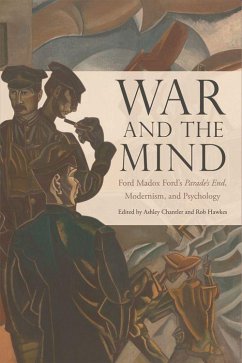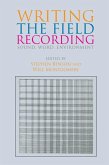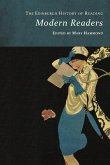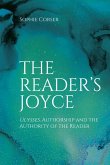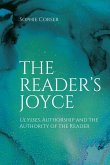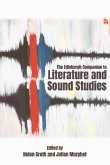*** AUTHOR APPROVED *** 'War and the Mind focusses subtly on Parade's End and the Great War but also illuminates many other works by Ford, William James, May Sinclair, Rebecca West, and Virginia Woolf. Essential reading for scholars of war and gender studies, trauma theory, modernism, and the fictional relation of sex to violence.' Martin Stannard, Professor of Modern English Literature, University of Leicester New critical essays illuminate Ford Madox Ford's epic First World War modernist masterpiece, Parade's End This is the first full-length critical study of Parade's End to focus on the psychological effects of the war. Originally published in 4 volumes between 1924 and 1928, Parade's End has been described as 'the finest novel about the First World War' (Anthony Burgess), 'the greatest war novel ever written by an Englishman' (Samuel Hynes), 'a central Modernist novel of the 1920s, in which it is exemplary' (Malcolm Bradbury), and 'possibly the greatest 20th-century novel in English' (John N. Gray). These 10 newly commissioned essays focus on the psychological effects of the war, both upon Ford himself and upon his novel: its characters, its themes, and its form. The chapters explore: Ford's pioneering analysis of war trauma, trauma theory, shell shock, memory and repression, insomnia, empathy, therapy, literary Impressionism, and literary style. Writers discussed alongside Ford include Joseph Conrad, Siegfried Sassoon, May Sinclair, and Rebecca West, as well as theorists Deleuze and Guattari, Michel Foucault, Sigmund Freud, William James, and W. H. R. Rivers. Key Features - A long-overdue examination of Ford's First World War modernist masterpiece Parade's End - Focuses on psychology and the effects of war on the minds of those who fought and those at home - Adds to writing about First World War writers, war trauma and trauma theory, as well as modernism and literary Impressionism - Contributes to the burgeoning field of medical humanities by reconsidering Parade's End in terms of the various mental and psychological disorders represented within the novel Ashley Chantler is Senior Lecturer in English at the University of Chester. Rob Hawkes is Senior Lecturer in English at Teesside University. Cover image: A Battery Shelled, Percy Wyndham Lewis (1919) (c) Imperial War Museum Cover design: Paul Smith
Bitte wählen Sie Ihr Anliegen aus.
Rechnungen
Retourenschein anfordern
Bestellstatus
Storno

